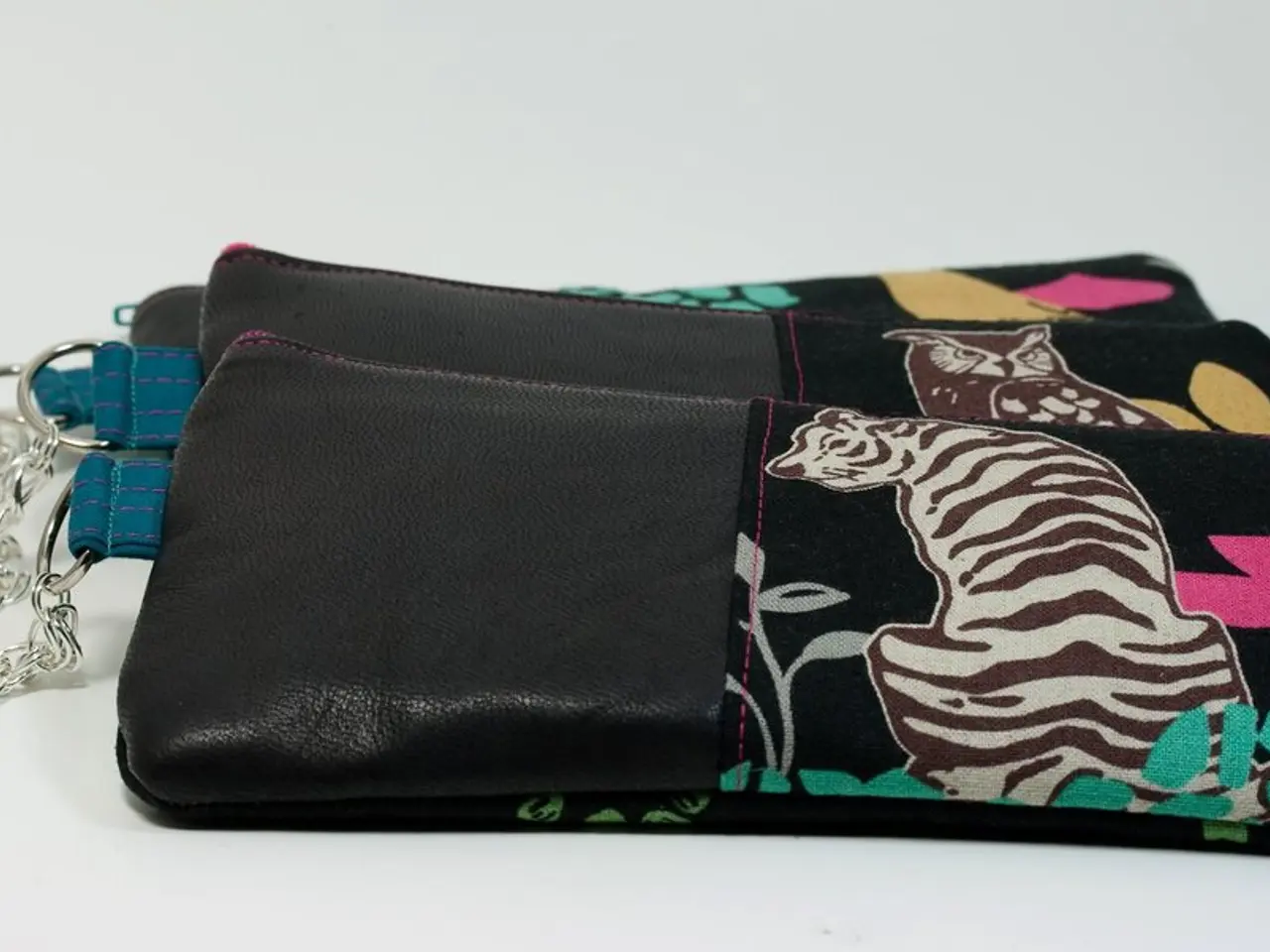Digital wallet advocacy intensifies among banking sector, urging faster digital adoption
In the heart of Europe, Germany is leading the charge in creating a user-friendly and secure digital wallet known as the EUDI Wallet. This innovative solution, developed within the European eIDAS 2 framework, aims to provide citizens with a convenient way to store and manage various digital credentials, such as ID documents, driving licences, health certificates, and travel documents [1].
The EUDI Wallet ecosystem in Germany is designed to be inclusive, involving both public and private stakeholders. This collaboration promotes interoperability and usability across different sectors through open standards, clear rules, and an easy onboarding process [1]. The Federal Ministry for Digital Transformation and Government Modernisation (BMDS) is spearheading the project, with SPRIND taking the lead in its implementation [1].
Stakeholder participation is broad, with national digital identity services like Germany’s BundID and nPA eID, alongside banks and associations, pushing for stronger political coordination and clearer liability regulations to integrate the wallet into payment transactions effectively [2]. German banks are particularly keen for an accelerated implementation and the establishment of a central coordination office under BMDS for cross-departmental steering [2].
The EUDI Wallet in Germany is part of large-scale EU pilot projects testing use cases that include travel, mobile vehicle registration, business-to-business, business-to-government, business-to-consumer transactions, strong customer authentication, and payments [3]. Partnerships with industry players such as Mastercard emphasize integrating payment credentials into wallets while ensuring trust and security via biometric authentication, AI fraud detection, and privacy-by-design approaches [4].
Germany is actively involved in ongoing developments in 2025, with key events like an Open Online Consultation scheduled for September 4, 2025, and the Third Funke Conference on October 14, 2025, focusing on use case demonstrations and community engagement [1]. The broader EU framework demands EUDI wallets support identity and age verification by the end of 2026 [5], marking a critical milestone for deployment.
As the project progresses, the banks, authorities, industry, and commerce are encouraged to collaborate closely to create a vibrant ecosystem for the EUDI Wallet. The challenge lies in integrating all these parties early and smoothly into the ecosystem. The functions of the EUDI Wallet are expected to gradually increase over time, with the wallet initially intended to store the ID card or driver's license digitally.
The new digital ministry in Germany is responsible for bundling resources and responsibilities related to the EUDI Wallet. Herkenhoff, the CEO of the German Banking Association, has stated that the wallet requires a functioning digital ecosystem. He emphasizes the need for reliable roadmaps, clear responsibilities, and sufficient budget for the development of the EUDI Wallet.
The EU regulation Eidas requires each member state to offer a European Digital Identity Wallet, known as EUDI-Wallet, by the beginning of 2027 at the latest. Herkenhoff calls for more commitment from authorities, industry, and commerce for the development of the EUDI Wallet. Starting the development of the EUDI Wallet consistently is crucial for integrating all involved parties early and smoothly into the ecosystem.
Herkenhoff warns against repeating the mistakes made with the digital function of the ID card. The experiences with the E-ID function of the ID card have shown that those who join late miss opportunities. The German Banking Association is advocating for a faster development of the federal digital wallet, known as EUDI-Wallet. Now is the time to lay the foundations for the EUDI Wallet, according to Herkenhoff.
The development of the EUDI Wallet is currently being overseen by the Federal Agency for Spring Innovation (Sprind) in a competition. The EUDI Wallet is expected to start in Germany at the beginning of 2027, possibly with some initial selected functions. The earlier everyone joins in the development of the EUDI Wallet, the greater the chance that it will start in 2027 as an attractive, everyday-ready offer.
The future development of the EUDI Wallet in Germany involves collaboration beyond just public stakeholders, as banks and associations are also pushing for integration into payment transactions. This integration requires stronger political coordination and clearer liability regulations.
The EUDI Wallet, once fully developed and deployed, will not only store digital ID cards and driver's licenses but also aim to facilitate business transactions, such as those in the technology sector, through its increasing functions over time.




